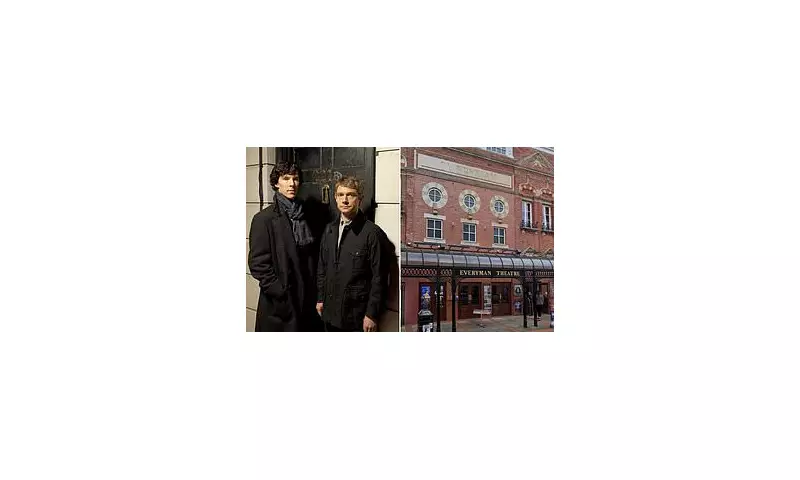
A bold new production at London's Bull's Theatre has found itself at the centre of a modern cultural storm, proving that the game is not just afoot—it's become fiercely controversial.
The theatre's adaptation of Sir Arthur Conan Doyle's classic novel 'The Sign of the Four' has been slapped with a prominent trigger warning, alerting audiences that the performance contains depictions of crime. This decision has been met with a wave of criticism from traditionalists who argue it represents an overreach of 'woke' sensitivity.
A Study in Sensitivity
The warning, displayed to theatre-goers before the curtain rises, states the production contains "themes of crime and its consequences". For a story centred on the exploits of the world's most famous detective, this has struck many as an absurd and unnecessary precaution.
Critics have lambasted the move, arguing that applying modern sensibilities to a Victorian-era crime novel fundamentally misunderstands the context of the work and insults the intelligence of the audience. They contend that the very premise of Sherlock Holmes is to solve crimes, making the warning redundant.
The Community Reacts
The debate has spilled out from the auditorium onto social media and into public discourse. Many express frustration at what they see as the excessive sanitisation of classic literature and art, fearing it sets a dangerous precedent for censorship.
Defenders of the trigger warning, though fewer in voice, suggest it is a simple act of consideration for modern audiences, ensuring they are prepared for the content they are about to engage with. However, this perspective has been largely drowned out by the vocal opposition.
This incident at the Bull's Theatre is more than a dispute over a single play; it is a microcosm of the wider 'culture wars' playing out across British society. It raises pressing questions about artistic freedom, audience agency, and how classic works should be presented in a contemporary context.





